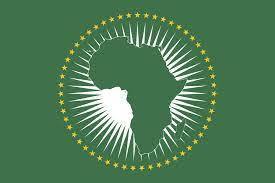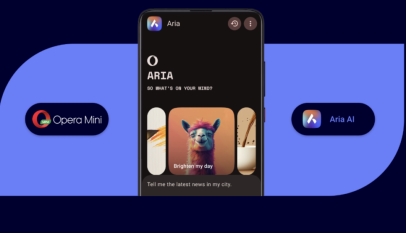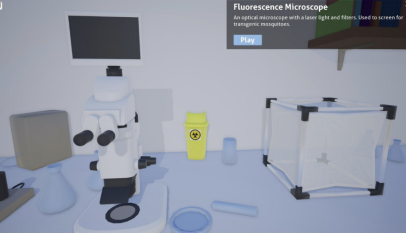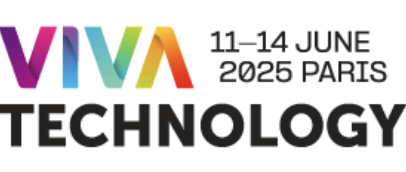INTERVIEW: “How we’re championing the #SDGs in rural Nigerian communities”
Semiye Michael is the chief executive of Dean Initiative, an NGO focused on bringing development to marginalised rural communities in Nigeria by empowering citizens with the right information to hold leaders accountable.
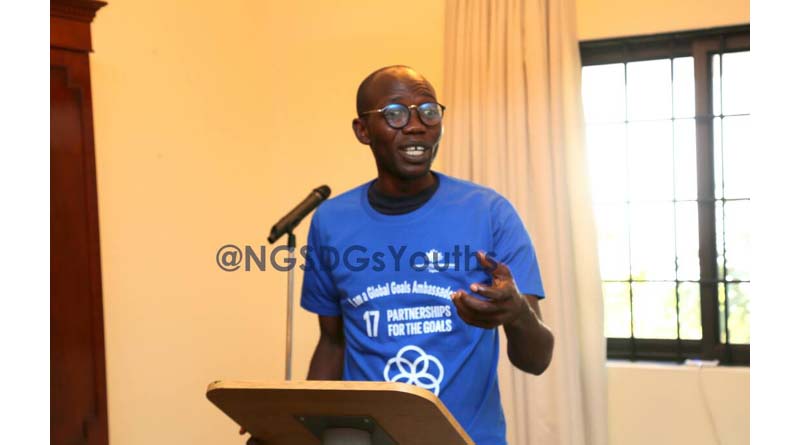
How has the experience trying to empower marginalized communities with the right information to hold leaders accountable been?
The experience has been mixed, in the area of working with government, things have been difficult because our governments are not friendly to social activism – they see those of us who are promoting the voices of marginalized communities as trying to set the governed against them.
On the contrary, working with the citizens have been a great experience because we have been able to help them articulate their demands when it comes to the formulation of budgets as well as make them understand the contents of the budgets so as to be able to monitor projects and ensure transparency and accountability in governance processes.
Another issue is that we have come to realize that the government alone cannot solve the challenges of local communities as such we have also been linking up those communities with private individuals, organisations and philanthropists who have the resources to assist such communities, as part of their corporate social responsibility.
We have to a large extent succeeded in that direction, for example, we have been able to get some individuals and organisations to support rural communities in the areas of water supply and healthcare delivery.
Dean Initiative relies on private individuals and corporate organisations to fund development projects at local communities. How difficult has it been trying to get funding for your projects considering the fact that donors may be skeptical about funding young nonprofits such as yours?
Of course, some non-governmental organisations have misused the funding giving to them by donor organisations which has created a sense of mistrust for young and upcoming organisations such as ours. And that is why we leverage digital technology and the social media to convey the success stories of our work to people across the world.
As a result, we have discovered that there are people around the world who have the resources to fund projects and so are looking for trustworthy people to give resources to for projects in healthcare and child education. So, we now have a lot of children that we have enrolled in school; we have built boreholes in communities and provided healthcare services to rural communities, thanks to individuals and organisations that have found us credible enough to be funded.
So, we see this as an alternative resource mobilization strategy against waiting for donor funding which may not come in time or may not even come at all. These funds come in bits but when accumulated, they go a long way in solving development challenges at grassroots; of course we can’t solve all the problems.
Your organization is one of the few nonprofits working to actualize the SDGs at grassroots in Nigeria, how has it been working with local communities to create awareness and also actualize the Global Goals?
Initially, our effort was to make people aware about the SDGs but we later discovered that people just knowing about the goals didn’t translate to actualizing of the SDGs, so we are now graduating from creating awareness about the goals to also empowering citizens with basic information with which they can hold leaders accountable to implement the goals.
And it is not as if people didn’t know about the defunct Millennium Development Goals (MDGs), instead they knew about them but thought it was a jamboree; as such they had no business whether or not they were implemented. So, this time around we are more interested in empowering citizens with the knowledge and basic skills to ask questions and also know which of the budget lines are related to the specific goals so they can monitor when such projects in the budget are due to be implemented.
Such that by the time the projects contained in the budget are not implemented they will utilize the Freedom of Information Act to ask questions as to why the projects were not executed. By then governments will begin to know that it is not business as usual. As such, for us it is not just about citizens knowing about the SDGs but also about citizens being empowered to follow up, report and participate in the implementation process.
Empowering citizens with information to be able to hold leaders accountable is at the heart of your organization’s work. How has this helped bring about development for marginalized rural communities in Nigeria?
When leaders know that citizens will ask questions they become more guarded and careful; because people have not been asking questions – perhaps because they don’t see reason to do so or they are afraid – it is a free world for the politicians, they go about governance with reckless impunity.
Now that citizens are aware and asking the right questions of political leaders through community town hall meetings and are also utilizing the FOI Act to demand for information about service delivery, political leaders are forced to engage in dialogue with the citizens and those of them that have been lying to the people are now in trouble.
This is because the people now know what is contained in their budgets and so can hold political leaders and legislators accountable for development projects in their communities; be they for healthcare or water supply. When people begin to ask valid questions the politicians become scared and therefore more proactive in delivering services to people at grassroots. And with technology, a single social media post could bring about change.


